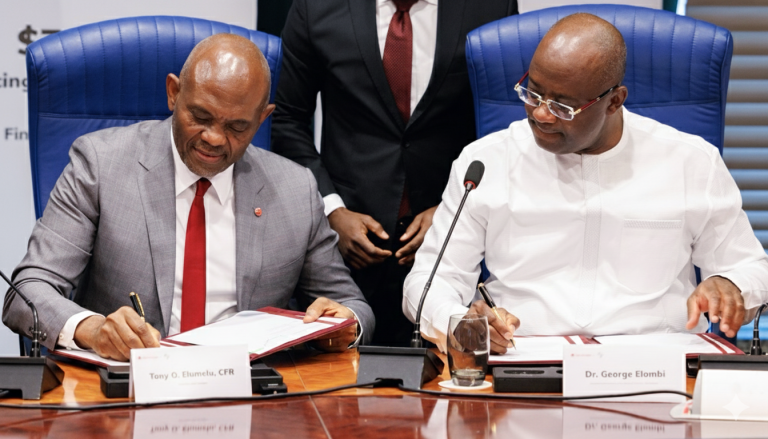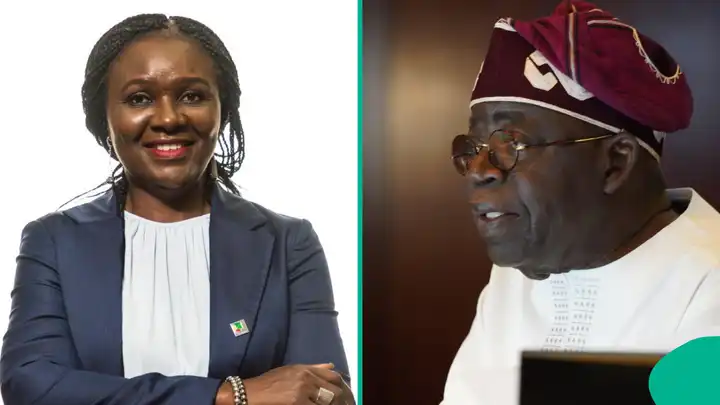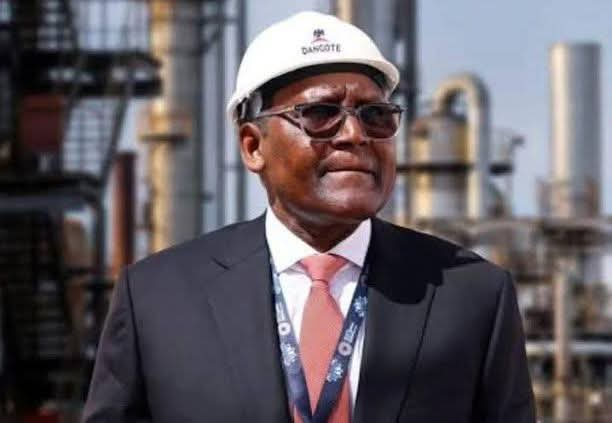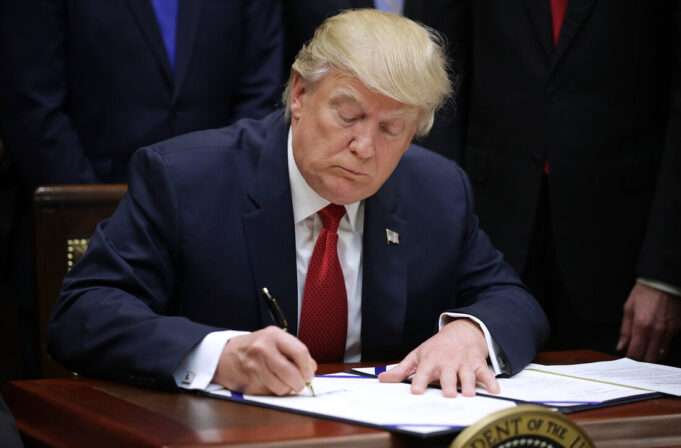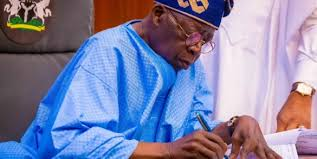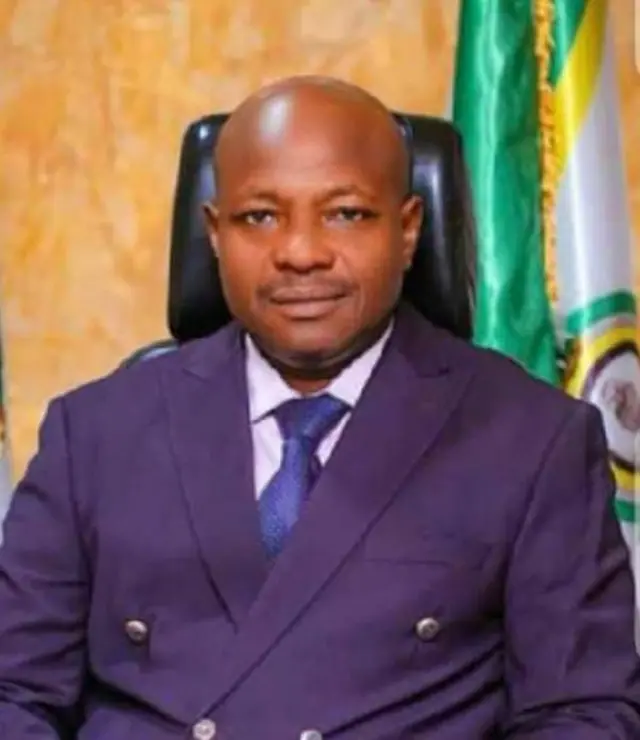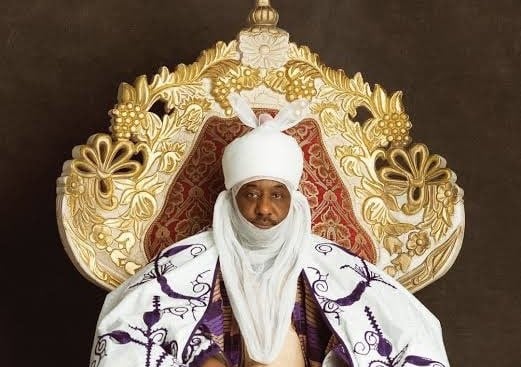
“KANO EMIR SANUSI: SUBSIDY REMOVAL SAVED NIGERIA FROM BANKRUPTCY”

GREATRIBUNETVNEWS–Muhammad Sanusi II, the Emir of Kano and former Governor of the Central Bank of Nigeria (CBN), has expressed his support for the removal of the petrol subsidy, stating that it has saved Nigeria from bankruptcy. The monarch made this known at the second edition of the Kano International Poetry Festival (KAPFEST).
Key Points:
– Unsustainable Subsidy Regime: Sanusi described the subsidy regime as unsustainable, highlighting that it placed a significant burden on government coffers due to fluctuating global oil prices, exchange rates, transportation costs, and refining expenses.
– Economic Relief: The removal of the subsidy is seen as a measure that has provided economic relief to Nigeria, preventing the country from sliding into bankruptcy.
– Call for Sustainable Policies: Sanusi’s stance underscores the need for sustainable economic policies that can withstand global economic fluctuations and support the country’s development.
The monarch’s comments have sparked discussions on the impact of subsidy removal and the importance of adopting sustainable economic strategies for Nigeria’s growth and stability .
“Subsidy was simply the government saying, ‘If the price of petrol is N100, Nigerians will pay N70 and I will pay N30,’” he said.
“But beyond that, the government also placed a hedge—fixing petrol at N65 per litre irrespective of whether the international price of oil was $10 or $100 per barrel. Who paid the difference? The government. And this was always going to bankrupt Nigeria.”
Sanusi faulted successive administrations for failing to repair local refineries, saying subsidies only enriched foreign refineries while exporting Nigerian jobs.
“If you look at the billions and billions spent on subsidy and imagine that money invested in refineries, Nigeria would not be where it is today,” he said.
“I have nothing against subsidies if you are subsidising production. My objection has always been subsidy on consumption.”
The emir recalled that during his tenure as CBN governor in 2012, he had warned against continuing with subsidies, likening Nigeria’s path to “a man running towards a ditch”.
“Government revenue could no longer carry the subsidy burden. At some point, we began borrowing to pay the subsidy, then borrowing to service the debt. It became unsustainable. That is exactly what I said would happen, and this is where we are,” he added.
He added that the policy should be seen not only as an economic adjustment but also as an opportunity to rebuild a stronger, self-reliant nation.

